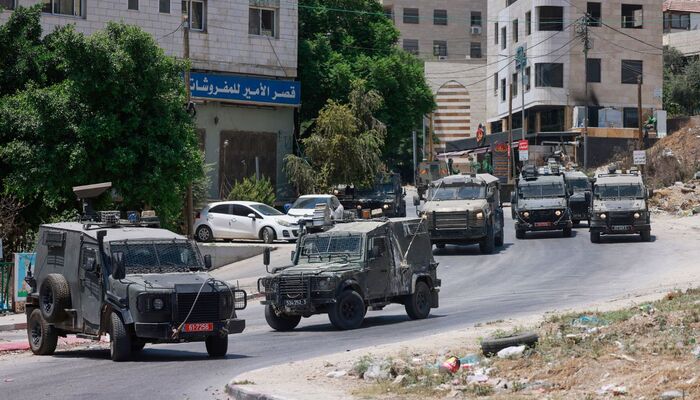Israel recalled its ceasefire negotiations team from Qatar on Thursday after Hamas delivered its latest response to the proposed truce. This move comes as pressure mounts on both sides to reach an agreement amid deepening humanitarian and political crises. At the same time, Israel approved a major investment in West Bank infrastructure, fueling fears of de facto annexation.
Negotiators Return to Israel
The Israeli Prime Minister’s Office confirmed the recall in a public statement, saying the delegation would return from Qatar for additional consultations. While the exact details of Hamas’ response remain undisclosed, Israel acknowledged the diplomatic efforts of Qatar, Egypt, and U.S. special envoy Steve Witkoff in facilitating the dialogue.
Despite the recall, talks have not collapsed. Officials close to the process say Hamas submitted a “positive” counterproposal via Qatari mediators. One official with knowledge of the situation told CNN that “gaps are narrowing,” and there’s growing optimism that a ceasefire deal may still be reached.
Tensions on the Ground Remain High
Even as talks continue, the reality on the ground remains dire. In Gaza, medical staff report extreme hunger and exhaustion. Dr. Fadel Naim, director of Al-Ahli Hospital in Gaza City, shared an alarming account from a vascular surgeon, Dr. Ahmad Abu Nada. The surgeon collapsed during surgery due to hunger and low blood sugar. After being revived with tea and a spoonful of sugar, he returned to the operating room.
“We live in a nightmare,” Dr. Abu Nada said, describing the daily trauma faced by health workers and civilians alike.
UNRWA, the UN agency supporting Palestinian refugees, reported rising malnutrition in Gaza. Describing the situation as catastrophic, its chief said many Gazans are now “walking corpses” due to severe food shortages and humanitarian blockades.
Read: Gaza Doctors Too Weak to Treat Patients Due Hunger Crisis
West Bank Developments Escalate Concerns
While Gaza faces devastation, Israel’s actions in the West Bank stirred new tensions. The Israeli government announced more than 900 million shekels (around $270 million) for transportation infrastructure in the occupied territory. The joint statement by Finance Minister Bezalel Smotrich and Transport Minister Miri Regev called it a step toward “de facto sovereignty.”
“This is how you bring a million residents,” Smotrich said. “This is how you take the idea of a Palestinian terror state off the table.”
Critics quickly responded. Peace Now, an Israeli NGO that monitors settlement activity, condemned the move. They said the investments represent full-on annexation and criticized the diversion of funds during a time of economic strain.
“Instead of strengthening the periphery and investing in recovery,” the group said, “they’re carrying out annexation.”
Military Raids and Settler Violence
The West Bank has seen a sharp rise in Israeli military operations and violence by Jewish settlers. Raids in cities like Nablus have become frequent, and the Israeli military often justifies them as counterterrorism efforts. However, human rights groups warn that such operations escalate tensions and deepen Palestinian resentment.
In May, Israel approved a large expansion of Jewish settlements in the West Bank. These moves have drawn widespread condemnation from international bodies and rights organizations who argue they violate international law and hinder prospects for a two-state solution.
Future of the Ceasefire Talks
Despite setbacks, some officials remain cautiously hopeful. The idea of a summit between Israeli Prime Minister Benjamin Netanyahu and Palestinian Authority President Mahmoud Abbas has circulated, though no formal plans have been made. Hamas, on the other hand, has expressed support for a leaders’ meeting with Israeli representatives.
Ukrainian-style diplomacy, involving phased prisoner exchanges and international monitoring, has also been suggested as a framework for progress.
With the humanitarian toll rising and political risks growing, the next few days may determine whether the ongoing ceasefire negotiations lead to a breakthrough—or collapse under pressure.
Follow us on Instagram, YouTube, Facebook,, X and TikTok for latest updates
